Why Is Your Car Jerking While Accelerating? Main Causes and Fixes
- Common Causes of Car Jerking While Accelerating
- Dirty or Clogged Fuel Injectors
- Transmission or Clutch Issues
- Sensor Failures (MAF, TPS, O2)
- Problems with the Fuel Pump or Filter
- Air Intake System Issues
- Bad Motor Mounts
- How to Diagnose the Problem
- How to Fix Car Jerking While Accelerating
- Prevention Tips to Avoid Jerking Issues
Car jerking is a malfunctioning when the car produces abrupt, undesired motion whenever the driver accelerates or drives at a steady speed. Car jerking appears in the form of uneven or stuttering motion. This jerking is not pleasant and is an indication that there is a car performance issue. Besides being irritating to the passengers and driver, it can lead to the wear and tear of the critical components of the car.
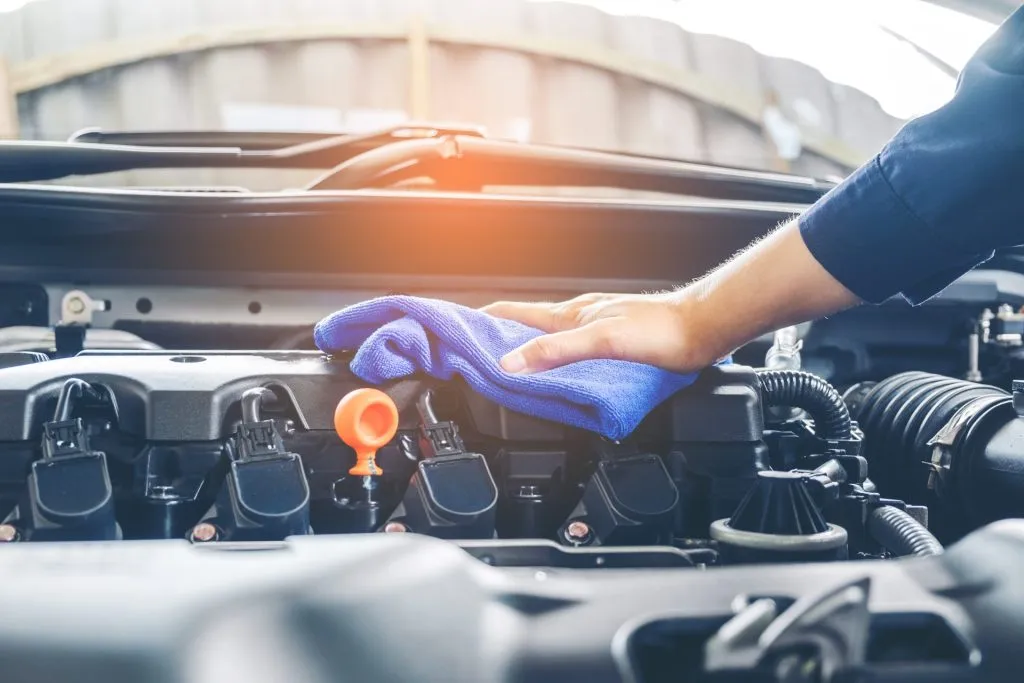
Common Causes of Car Jerking While Accelerating
The reasons why an automobile jerks upon acceleration are diverse. The problems range from fuel injector system malfunction to ignition system or transmission malfunction (like low transmission fluid). One must know these causes to be able to accurately diagnose the problem. Some of the most common causes are:
- Failure of the fuel system (for example, due to dirty fuel injectors) requires timely car fuel system repair to avoid costly damage.
- Failure of the ignition system (as a result of worn out spark plugs)
- Car’s transmission or clutch failure (car juddering occurs both in the case of mechanical and automatic transmissions)
- Sensor malfunction (this most often concerns mass airflow sensors, etc.)
- Issues in the air intake system (these cause problems in the combustion chamber and problems with the clogged catalytic converter)
- Issues with the engine mounts that can also cause car jerks when accelerating
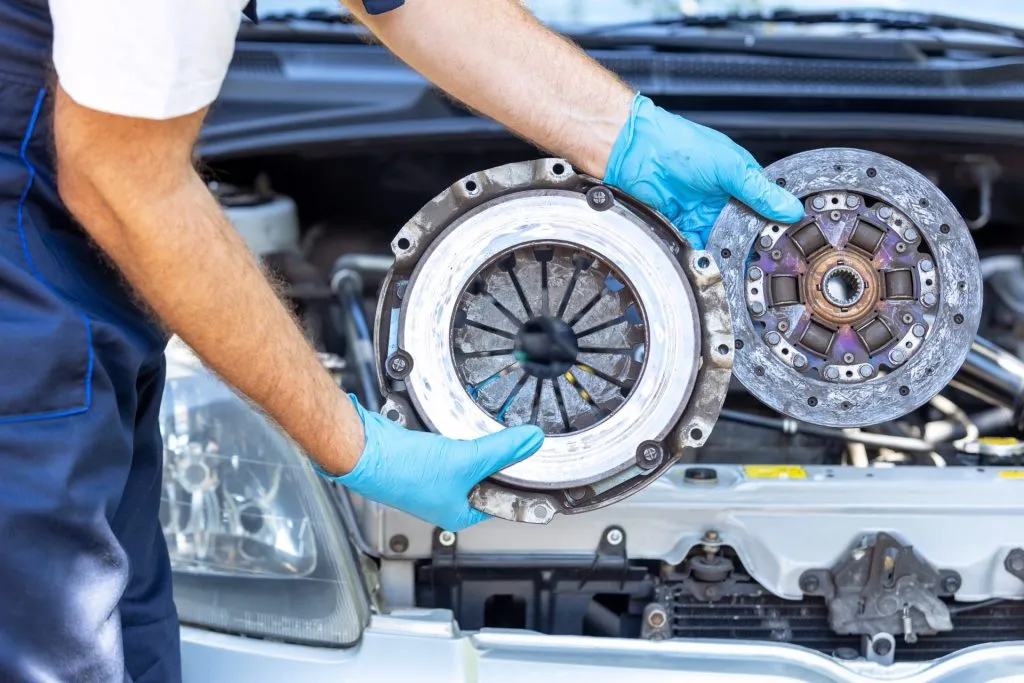
Dirty or Clogged Fuel Injectors
Faulty fuel injectors are also one of the top reasons for jerking. Fuel injectors provide the engine’s combustion chamber with the appropriate amount of fuel. Fuel injectors may get clogged or dirty, and this can result in the absence of smooth fuel supply each time when the car is accelerating, and the car engine will stumble or jerk. Maintenance, such as fuel injectors replacement or cleaning, is recommended to prevent such a fault as well as to ensure a smoothly functioning fuel line.
Faulty Spark Plugs or Ignition Coils
The most common cause of car jerking is the ignition system, and it includes the faulty ignition coils or worn spark plugs. Spark plugs must ignite the engine air-fuel mixture, and with the faulty condition, it will cause a misfire. The car will jerk since it will not have enough fuel but will be attempting to have the same amount of engine power. Besides preventing jerking, replacement of worn out or damaged spark plugs and ignition coils can also improve the performance of the engine significantly allowing it to accelerate smoothly.
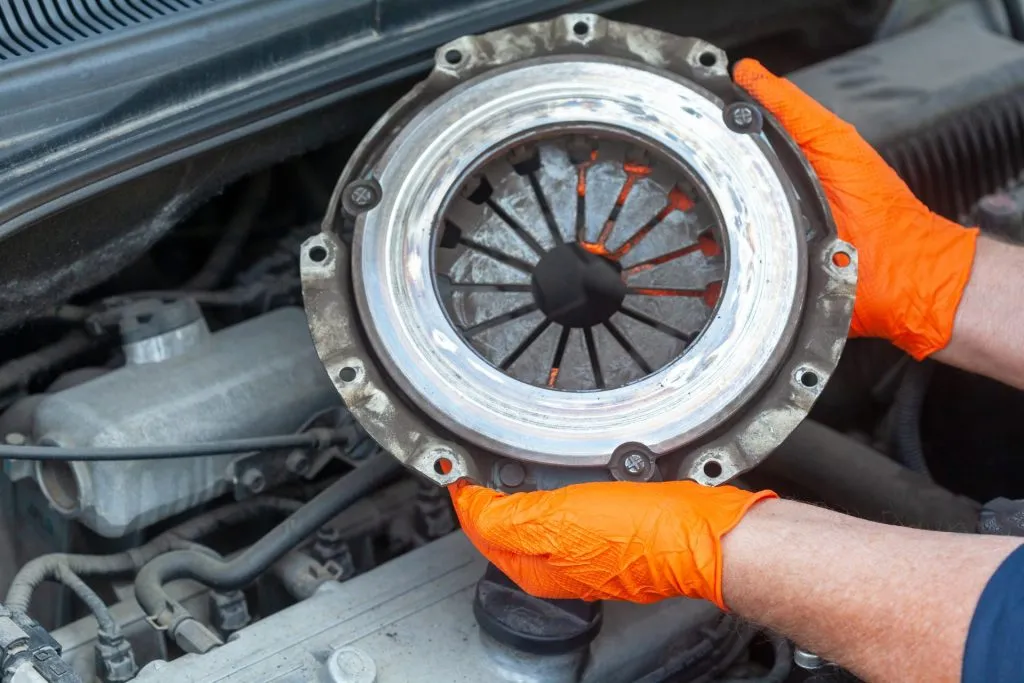
Transmission or Clutch Issues
Transmission issues also result in jerking when accelerating, particularly on gear shifting. The clutch or worn-out transmission parts may make the car jerk or hesitate on turning. Such jerks may be noticed more by drivers on acceleration or gear shifting. It is necessary to get transmission or clutch issues resolved immediately in order to prevent further issues.
Sensor Failures (MAF, TPS, O2)
Newer cars have a chain of sensors monitoring and managing engine performance. Failure of Mass AirFlow Sensor (MAF), Throttle Position Sensor (TPS), Crankshaft Sensor, or Oxygen (O2) Sensor will cause engine failure. Faulty reading by the said sensors will produce fluctuating air-fuel ratio, which is wrong if jerkiness is felt on pressing the accelerator pedal. Replacement or repairing the faulty sensor will bring the engine back to its original state and eliminate jerkiness.
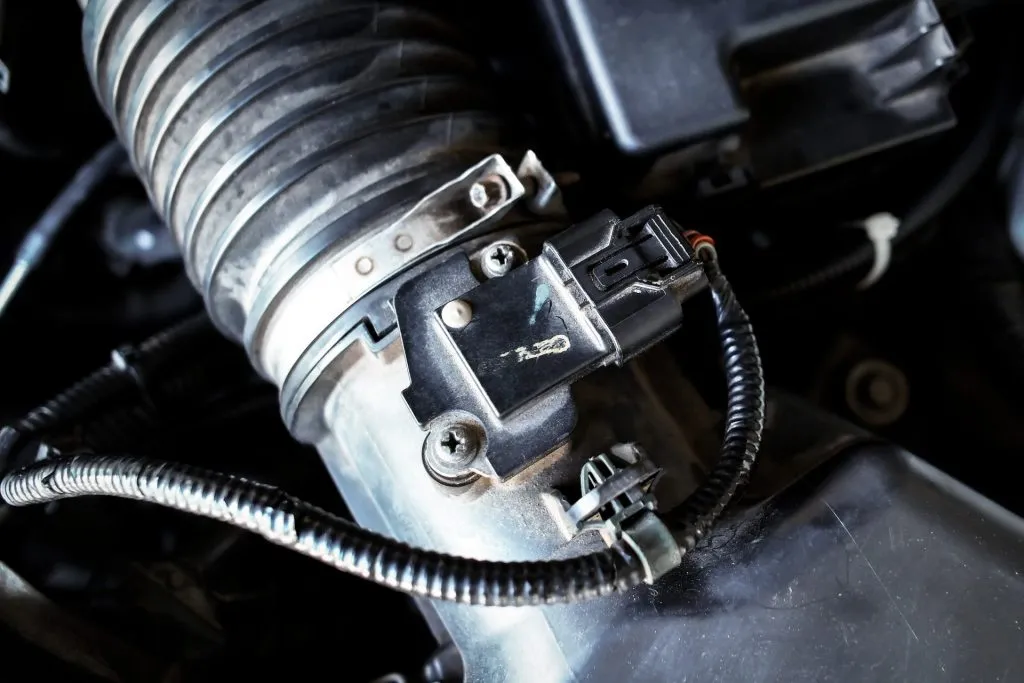
Problems with the Fuel Pump or Filter
Pump and filter supply the engine with most of the fuel. When the pump is bad or the fuel filter is clogged, there is low fuel pressure and hence engine jerking on acceleration. The driver cannot feel any power or response as the engine is in no condition to receive the fuel supply. Replacing or maintaining the pump and fuel filter at regular intervals will prevent this issue.
Air Intake System Issues
Air intake system may have issues due to air leaks, dirty air filters, or cracked intake hoses. All these cause disruption in the ideal air-fuel mixture. As the engine is not receiving an adequate amount of air, it causes partial combustion and jerking upon acceleration. Air intake system repairing, i.e., intake hose replacement and installing new air filters, can minimize such a situation.
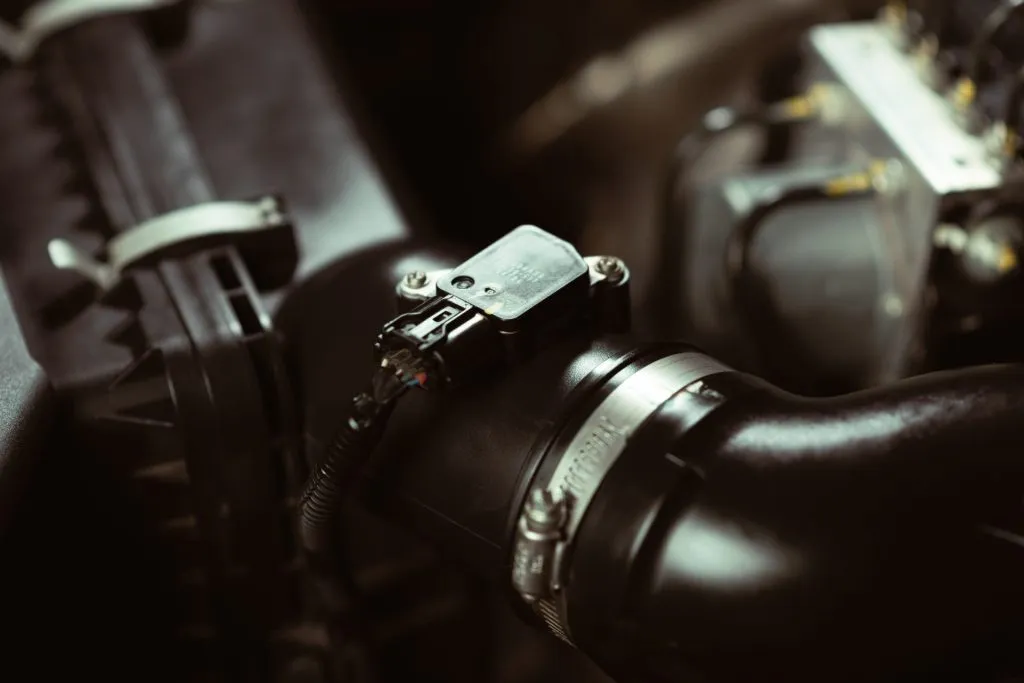
Bad Motor Mounts
Faulty motor mounts are one of the reasons why your car develops the jerkiness even if the problem is minimal. Motor mounts support the engine and isolate the frame and engine from excessive vibration. If the motor mounts are faulty, they will fail to dampen engine movement, which is the root cause of a harsh ride. Replacing and checking faulty motor mounts can remedy the ride and eliminate jerkiness.
How to Diagnose the Problem
Diagnosis of the car problems, such as car jerking, can typically be done by a test and using inspection equipment. There may problems, such as leaks or worn-out components. OBD2 reader can read codes in the car computer, for example, potential sensor failures or other types of failure. Also, having the car driven for a longer period might determine when the jerking occurs, and this will help in identifying the issue.
How to Fix Car Jerking While Accelerating
Repairing car jerking has certain solutions depending on the diagnosed fault. Replacing the clogged fuel injectors or spark plugs, and getting the transmission issue corrected are some likely solutions. Replacing a clogged fuel filter, checking of the air intake system, and replacing a faulty sensor can also fix jerking. Besides, inspection of the exhaust system may also be helpful. If the catalytic converter is not working correctly, the necessary chemical reactions won’t occur. A blocked catalytic converter usually results in harmful emissions (harmful gases) that indicate that there is a problem. To fix it, you may need a good catalytic converter cleaner.
Repair and maintenance should be done by a professional mechanic who will check and replace the worn parts to avoid future breakdowns. For full reliability, it’s best to book a car repair Dubai service with trusted specialists.
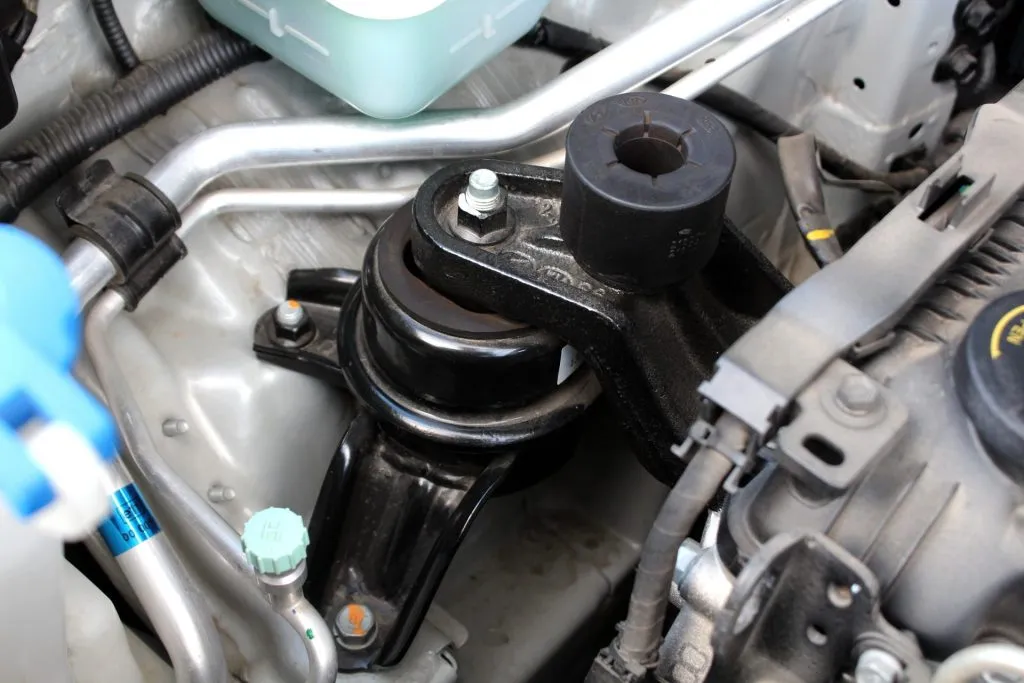
When to Contact a Mechanic
There are instances where jerking car issues can be fixed using DIY methods, but others require urgent professional intervention. If there is excessive jerking, flashing lights on the dashboard, or fluid leakage, it’s best to call a mechanic right away. These signs may be pointing to internal issues that require professional examination and adjustment.
Prevention Tips to Avoid Jerking Issues
To prevent future car jerking, servicing is necessary. It involves frequent oil change, fuel flushing, and regular filter and spark plug replacement. Quality air intake system and proper fuel maintenance provide a good engine operation. Regular checkup and maintenance of major components will identify problems at an early stage before they get out of control. Once the reason behind car jerking is identified, drivers can do what is necessary to maintain their cars in good health.




